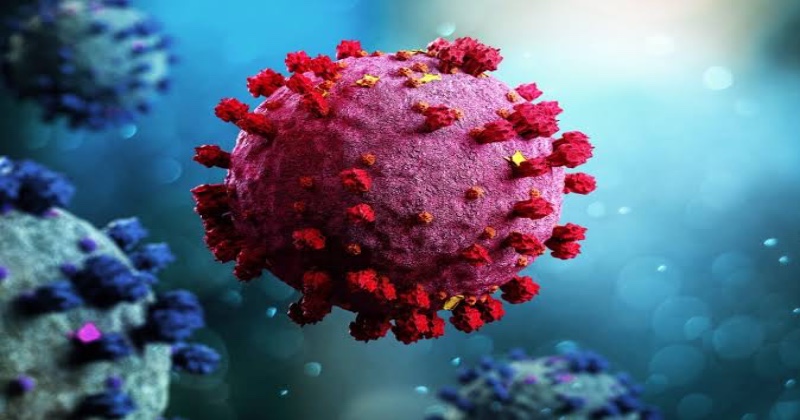
New findings published in The Lancet Respiratory Medicine reveal that nearly 30% of individuals who experienced severe COVID cases still exhibit multiple organ abnormalities on MRI scans five months after being discharged from the hospital. These findings stem from a study involving 259 individuals who were hospitalized with COVID, in addition to 52 participants in a control group who did not contract the virus. The MRI scans disclosed that long COVID patients were significantly more likely to have lung, brain, and kidney abnormalities compared to those who hadn’t contracted the disease, with the extent of these abnormalities being associated with the severity of the COVID infection, age, and other underlying health conditions. Those with abnormalities affecting multiple organs were four times more likely to report severe mental and physical impairment.
Initially, COVID was perceived primarily as a respiratory illness, but as the understanding of the disease progressed, it became evident that it could affect multiple organs, including the heart, kidneys, brain, and blood vessels. The study’s findings underscore the multisystemic nature of COVID and its potential for long-term complications.
The study, called the C-More study, focuses on the after-effects of the virus in hospitalized patients and is unique in its approach to examining multiple organ harm in these individuals. However, the study’s preliminary data is still pending complete analysis, and definitive conclusions about the link between COVID and organ changes are challenging due to the absence of pre-COVID MRI scans. Despite some limitations, the study emphasizes the importance of understanding the long-term effects of COVID on multiple organ health, highlighting the significance of vaccination and follow-up care for individuals recovering from severe infections.

Post Your Comments